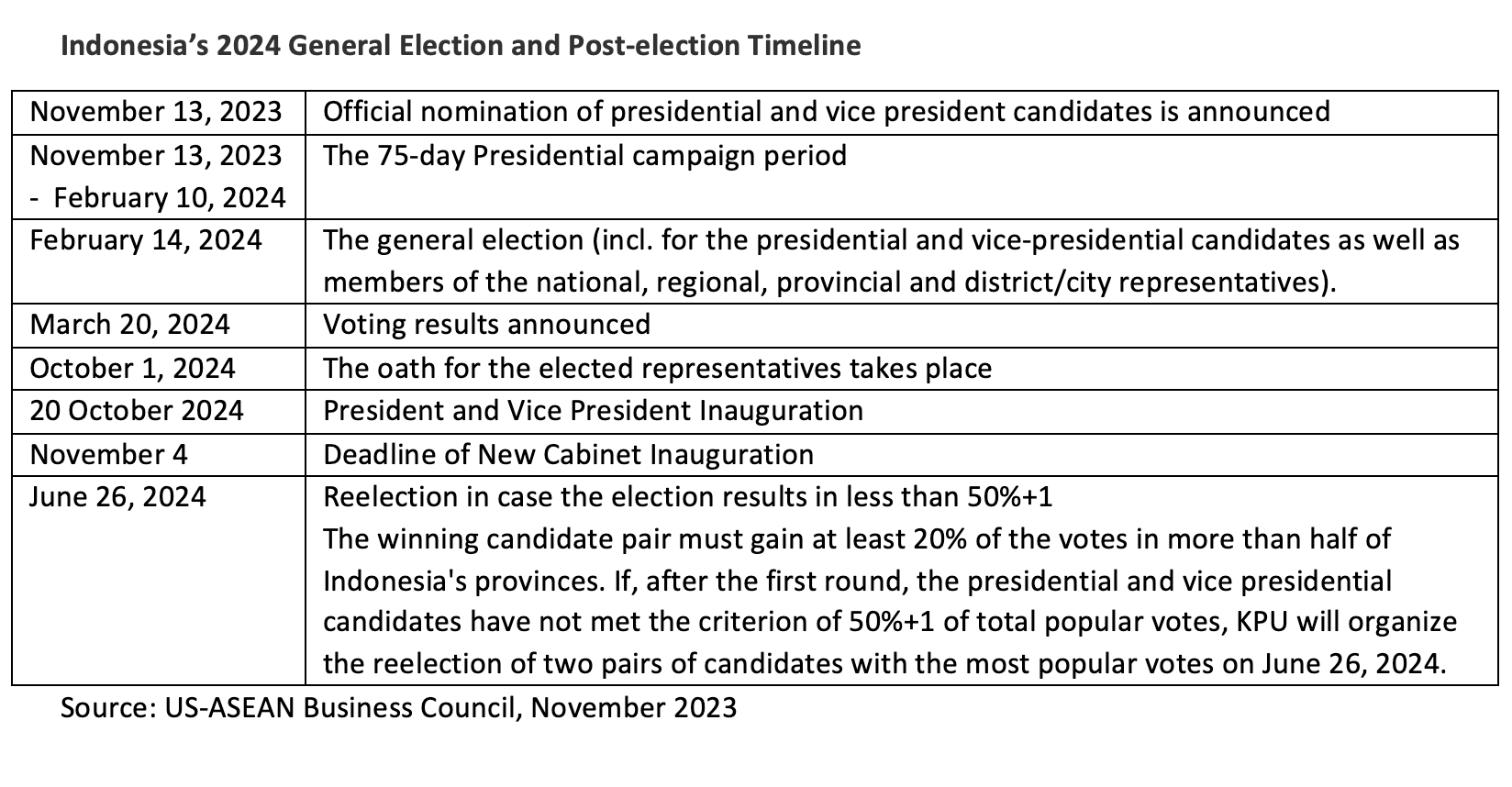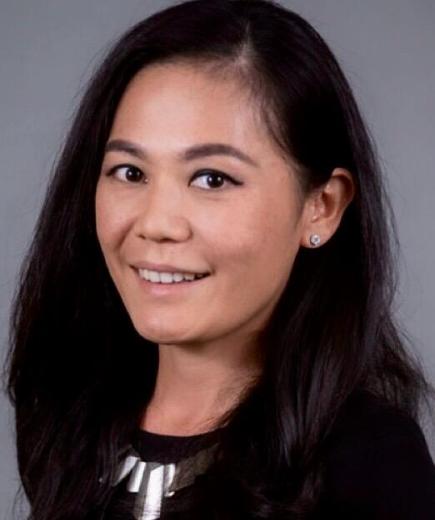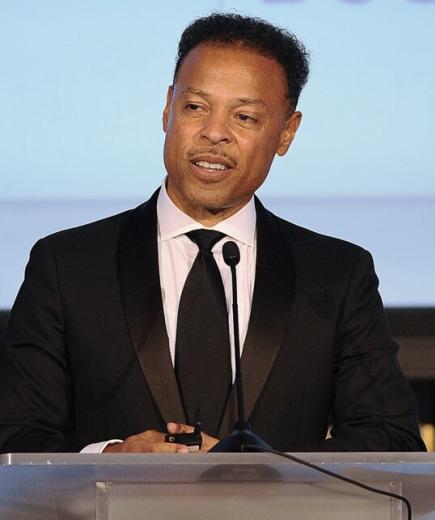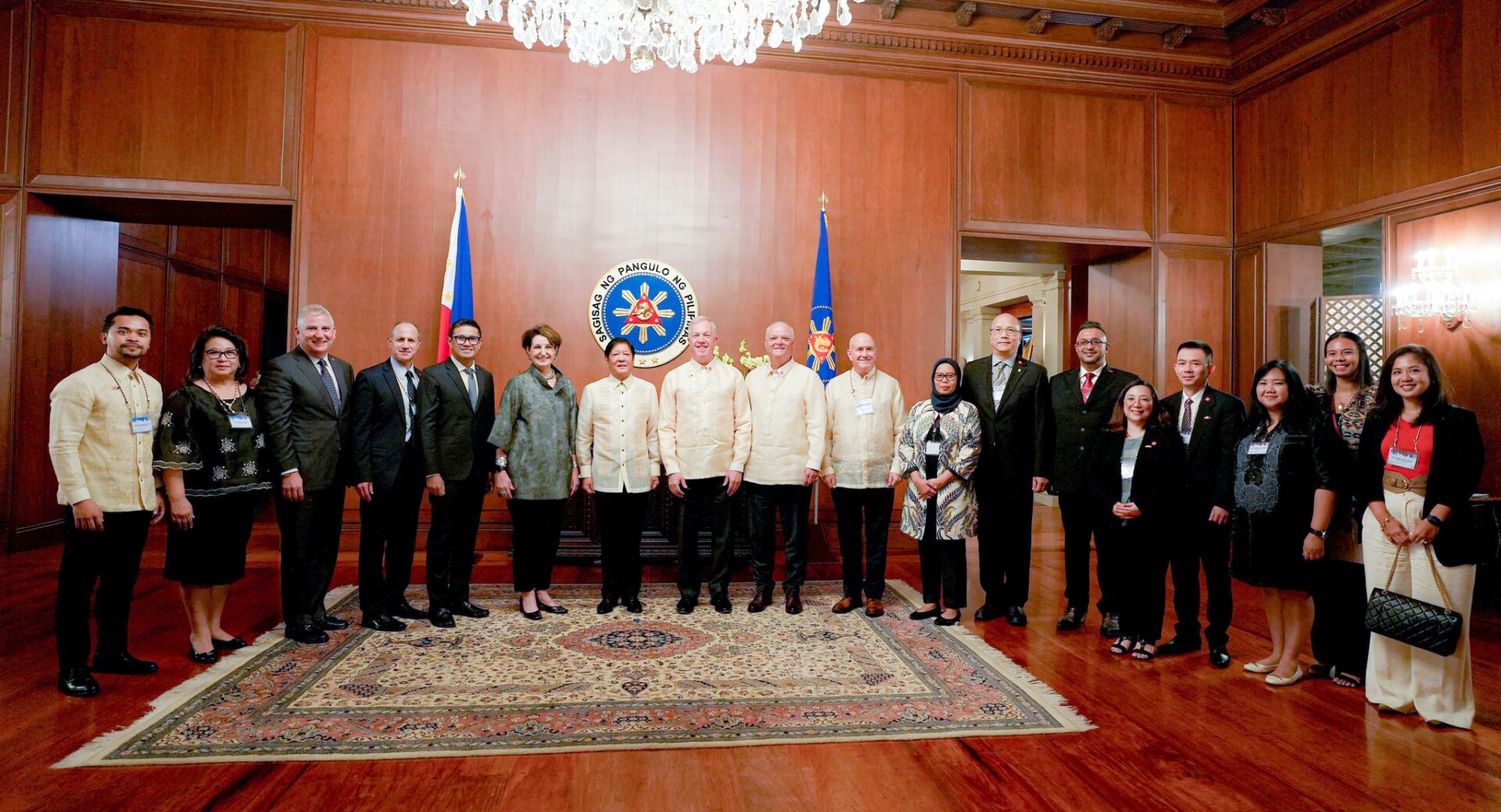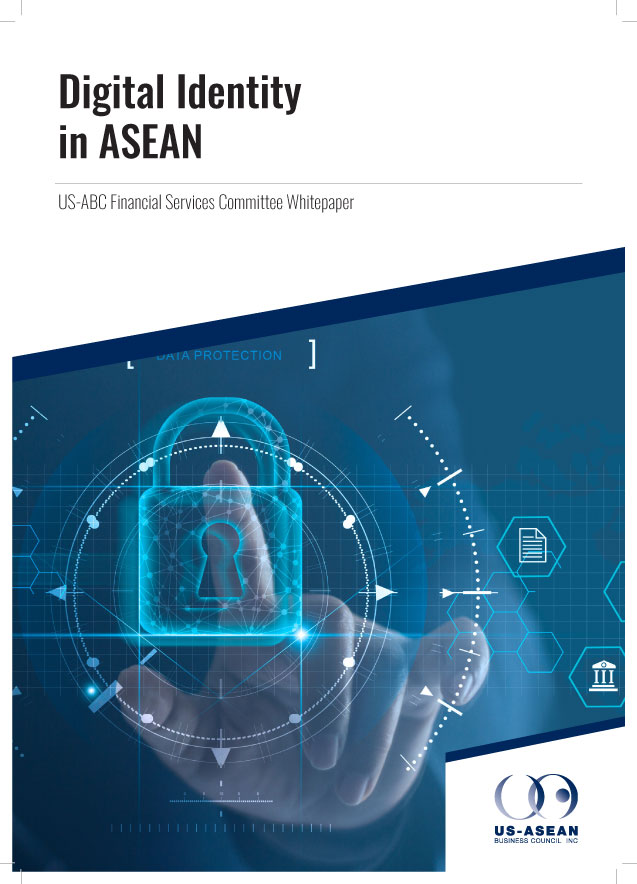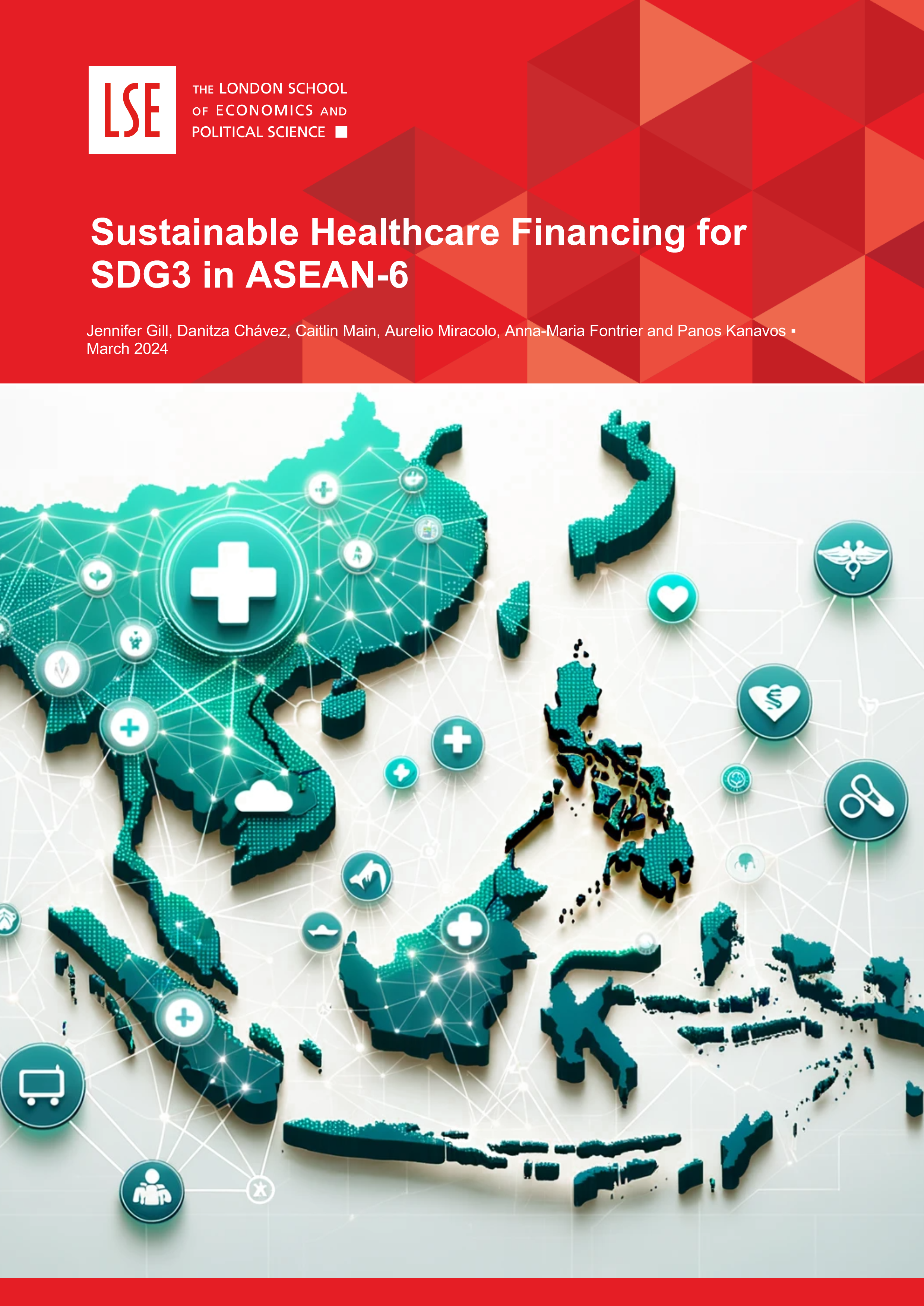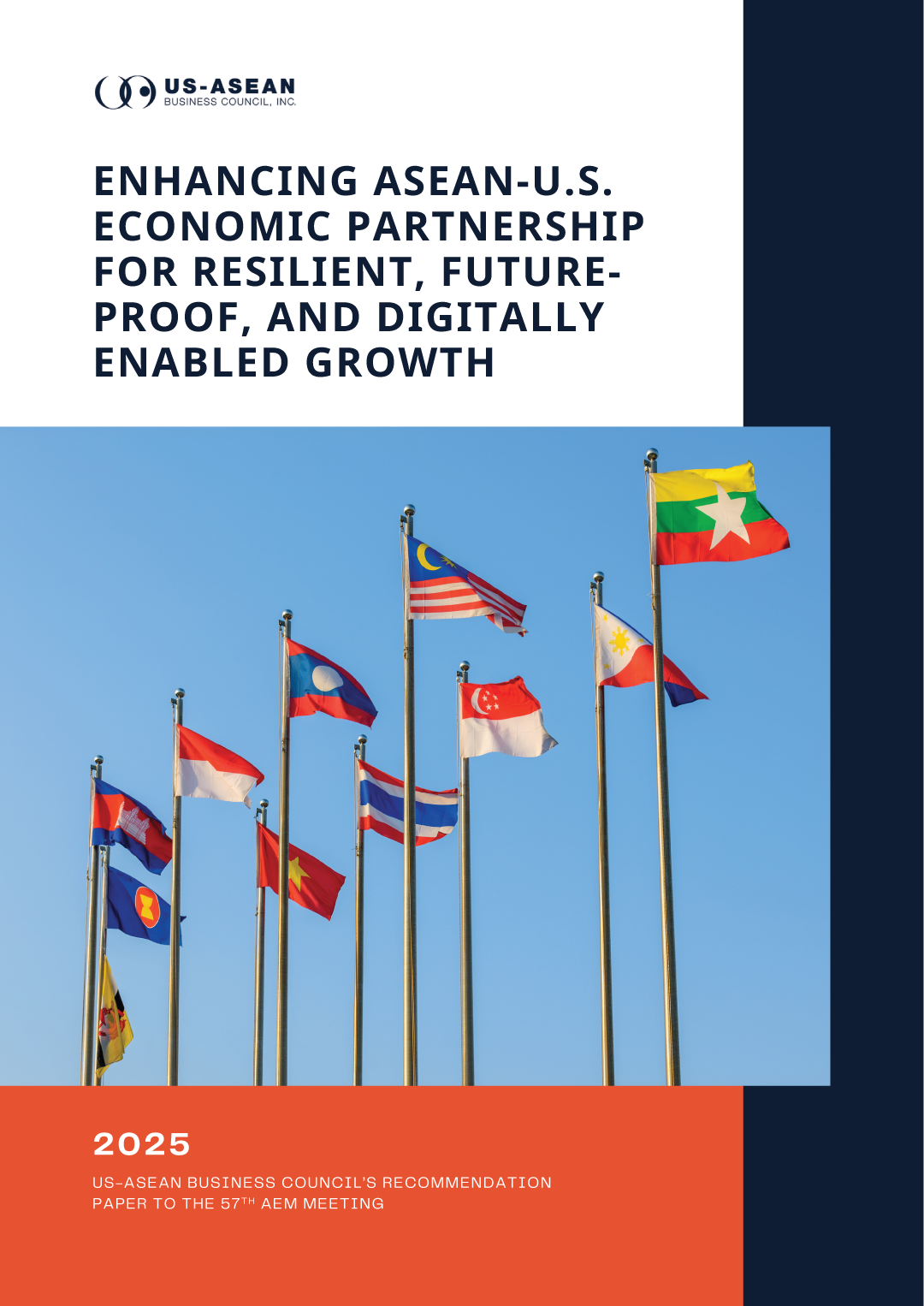Indonesia 2024 Presidential Election Candidates
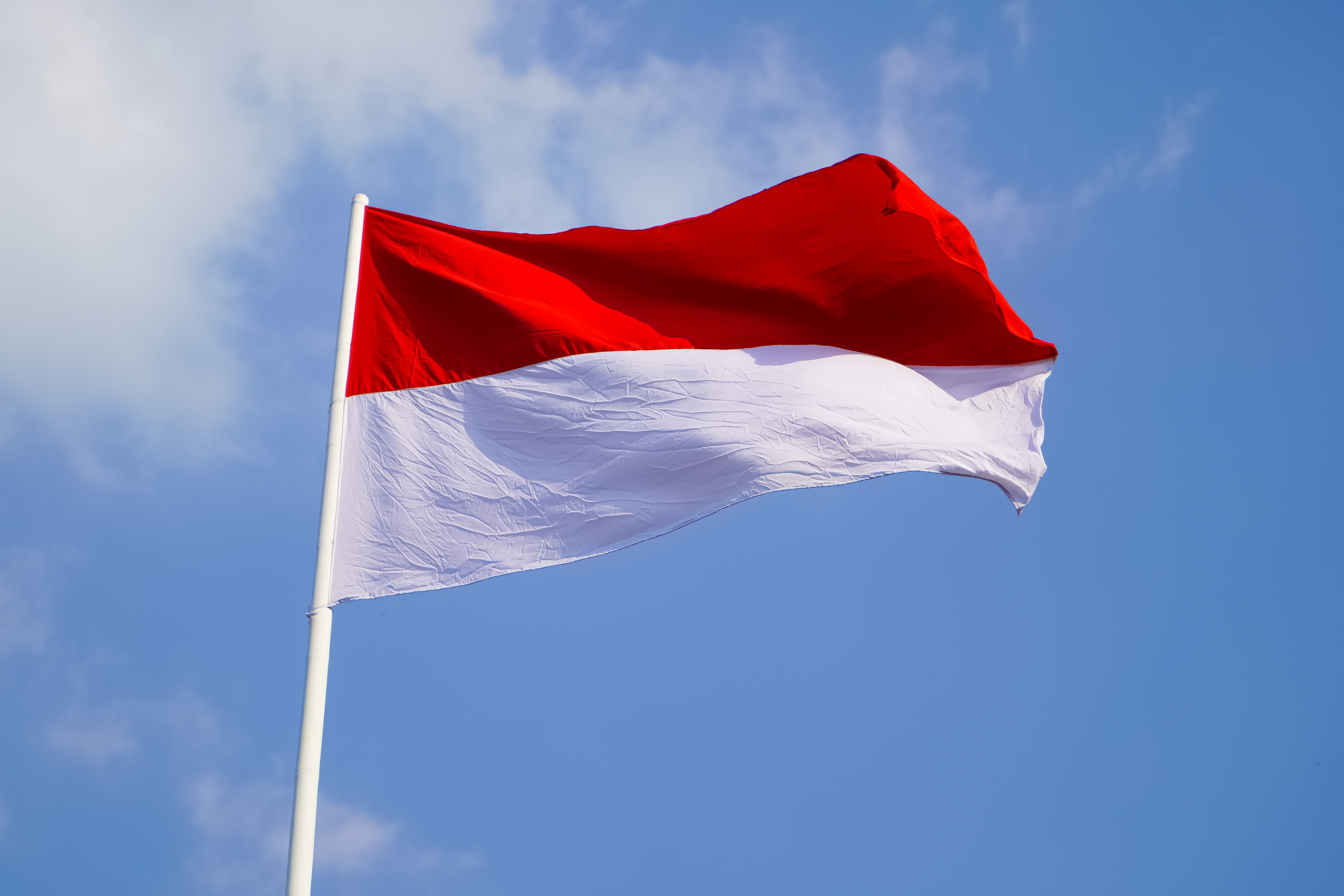
Last week, Indonesian Election Commission (KPU) announced three presidential candidate pairs: Defense Minister Prabowo Subianto will run with Solo Mayor Gibran Rakabuming Raka; Former Central Java Governor Ganjar Pranowo is paired with the Coordinating Minister for Political, Legal, and Security Affairs Mahfud MD; and former Jakarta Governor Anies Baswedan will run with Deputy Speaker of Parliament (DPR) Muhaimin Iskandar.
The approval came after the Constitutional Court (MK) ruled in favor of allowing presidential candidates below the minimum age of 40 years old if they have experience as elected officials and rejected the counter petition. Below are some of the key elements in each campaign:
Prabowo Subianto and Gibran Rakabuming Raka
Defense Minister Prabowo Subianto is the founder of the Great Indonesia Movement (Gerindra) Party who had served in high ranking military positions during the Suharto regime. He ran against President Joko Widodo (Jokowi) in 2014 and 2019. Prior to that, he had failed to secure a party nomination in 2004 and lost as the vice-presidential nominee in 2009. Gibran Rakabumin is a 36 year old mayor of Surakarta City, President Jokowi's eldest son and a business owner for a number of F&B chains and start-ups. Gibran recently parted ways with the Indonesian Democratic Party of Struggle (PDI-P) and joined Golkar Party, of which Coordinating Minister of Economic Affairs Arilangga Hartarto is the chair.
Prabowo-Gibran's "Advanced Indonesia Together" Campaign focuses on industry development and advancing Indonesia's international economic independence. They would likely have a degree of continuity with Jokowi's priorities including the new Capital City and industry downstream in 21 commodities – two of Jokowi’s legacies. Their programs focus on agriculture modernization, higher education, innovative financing as well as improving logistics and ease of doing business, although they also plan to increase Local Content Requirements (TKDN). Prabowo adopts “Good Neighbor Policy”, emphasizing Indonesia's non-aligned policy to reap investments from the US and China. He stated against the neo-liberal economy and pledged to maintain Pancasila economy that is also laid out by Jokowi. Similar to Anies', the campaign seeks to empower startup investment ecosystems. Furthermore, Prabowo promised to provide tax breaks to small businesses.
Other proposals include a flexible climate and environmental program, and to call for early coal power plant retirements while building new oil refineries. They’ve pledged to support forest rehabilitation and to stop land reclamation practices, while simultaneously converting some forest areas into agricultural land and rejecting the EU’s deforestation regulation. Their blue economy policies outline improving national security and human capital capacity. The public opines that their policy may be aligned with Prabowo’s family’s business in agriculture and mining.
While concerns about Prabowo’s infamous links to past allegation of human rights violations have died down, the campaign has sparked a new controversy over a perceived ethic code breach that lowered the minimum age requirement for a Vice-President to accommodate Jokowi’s son's candidacy. Nevertheless, support from the board of Nahdatul Ulama (NU) the largest Islamic organization which represents 67% of Indonesians, further bolsters the pair’s lead in the poll with 37%. The campaign is led by Rosan Roeslani, a businessman as well as former Deputy Minister of State Owned Enterprise (SOE), Ambassador to the US, and chair of Indonesian Chamber of Commerce (KADIN). The SOE Minister Erick Thohir and President Susilo Bambang Yudhoyono have announced support for the pair.
Ganjar Pranowo and Mahfud MD
Ganjar Pranowo recently ended his decade-long term as the governor of Central Java, where he had also previously served as a congressional representative. Ganjar is a long-time member of PDI-P, a former lawmaker and leader from outside of the political and military elite. His running mate, Mahfud MD had served as the Constitutional Court Chief Justice, DPR member, Defense Minister, and the Law and Human Rights Minister. Mahfud is currently the Acting Minister of Communication and Informatics and a member of the National Awakening Party (PKB), a party that is closely linked to NU.
Ganjar-Mahfud's "Towards Prominent Indonesia" campaign emphasizes sustainable infrastructure and regional interconnectivity through digital means. Ganjar’s foreign policy is dubbed to be similar to Jokowi’s, with an emphasis on national interest and legal certainty through law enforcement. He plans to forge cooperation with any nation, including the US. Other than the downstream and added-value chain industry in mining, digital and creative economy sectors, the campaign prioritizes digital infrastructure and human capital development as well as modernization of the defense sector by doubling the current budget. The campaign leaders have both business and military backgrounds, respectively. Arsjad Rasjid, the Chair of KADIN is the campaign chair and former Army Commander, Gen. Andika Perkasa (ret.) is the vice chair. Current Minister of Tourism and Creative Economy Sandiaga Uno has also announced his support for the duo.
In line with Jokowi’s ambition, Ganjar calls the new capital city project ‘essential’, although his timeline might not be identical to Jokowi’s. Ganjar-Mahfud quantifies the renewable energy share goal, which is to increase by 30 percent by 2029. Their campaign lists several emission reduction policies such as community-based renewable energy (CBRE) to maintain an independent electricity supply, develop a waste management circular economy as well as impose a moratorium to halt deforestation. However, it does not specifically mention oil and gas or coal programs. The campaign further outlines an allocation of 50% government budget to support funding, digitalization and marketing for cooperatives and SMEs.
In addition to the controversy over the loss of U-20 FIFA World Cup hosting rights, Ganjar previously received public protests opposing his environmental permit for a state cement company. A long-time proponent of Marhaenism—the philosophy of President Soekarno, the father of PDIP’s chair—Ganjar has dedicated his career to advocating for labor rights and anti-corruption and was awarded the Corruption Eradication Commission (KPK). Ganjar. Ganjar and Mahfud have the longest positive track record in the realm of governance among other candidates. Their current poll shows 34.8% trailing Prabowo and Gibran by a narrow margin.
Anies Baswedan and Muhaimin Iskandar
Prior to becoming Jakarta Governor, Anies Baswedan served as Paramadina University Rector before his appointment to Minister of Education and Culture in the first Jokowi cabinet. He is endorsed by the National Democratic Party (NasDem) which advocates for nationalist intellectuals although later on he was linked to the conservative Islamic party, PKS, which formed a coalition with hardline groups. Anies’ pairing with DPR’s Deputy Speaker Muhaimin “Cak Imin” Iskandar who is the chairman of PKB, is expected to increase his electability. Cak Imin previously held the Manpower Minister role.
Wealth redistribution and poverty alleviation are the center of Anies and Cak imin’s "Just and Prosperous Indonesia for All" campaign. Criticizing Jokowi’s foreign policy Anies pledged to revive the anti-colonialism and multilateralism elements of previous Indonesian leaders. Experts opined that he would likely reduce reliance on Chinese investment to fund infrastructure projects and promote maintaining stronger Indonesia-US connections. Although he pledged to continue the new capital development, Anies had criticized the plan and would review some ongoing projects that rely on foreign investments and loans. The campaign aims to develop the downstream and manufacturing industry, green financing, enhanced oil recovery as well as increase non-tariff barriers for creative economy imports while maintaining tax holidays. Similar to Prabowo-Gibran, the pair intends to establish a state revenue agency and increase TKDN.
With regard to the finance sector and capital markets, Anies-Cak Imin promised to impose stronger sanctions on violations, including illegal loans. Their climate agenda is similarly flexible - aiming for early retirement of coal-fired power plants and increasing renewable energy share in Java and Bali, while supporting “sustainable mineral and coal downstream”. The pair would also strengthen forestry governance in regions with carbon capture potentials. Moreover, Anies-Cak Imin promised to lower the shipping cost outside of Java for SMEs.
Anies led Jakarta to achieve the Sustainable Transport Award 2021 during his time as a governor. He aims to bring Indonesia to a more active role in global forums and humanitarian efforts. Once a champion for diversity as a rector of Paramadina University, Anies has been rebranding his image to appeal to moderate voters, despite NasDem’s coalition with PKS. Anies’ electability remains lowest compared to other contenders. Anies appointed a retired Airforce commissioner and former National head of the Search & Rescue Agency (Basarnas), Muhammad Syaugi, as his campaign leader.
The Roadmap to Indonesia's Future
Indonesia's 2024 presidential election presents a critical juncture where the principles of democracy and secularism intersect with economic development. While the three pairs similarly pledged to uphold the non-alignment foreign policy, lift Indonesia out of the middle-income trap and accelerate digital economy development, each pair has unique characteristics. Prabowo-Gibran promises development continuity, Ganjar-Mahfud promotes democracy and good governance, while Anies-Cak Imin positions themselves as advocates of change. As voters weigh these ideologies, the outcome could significantly shape Indonesia's future in the years ahead.
